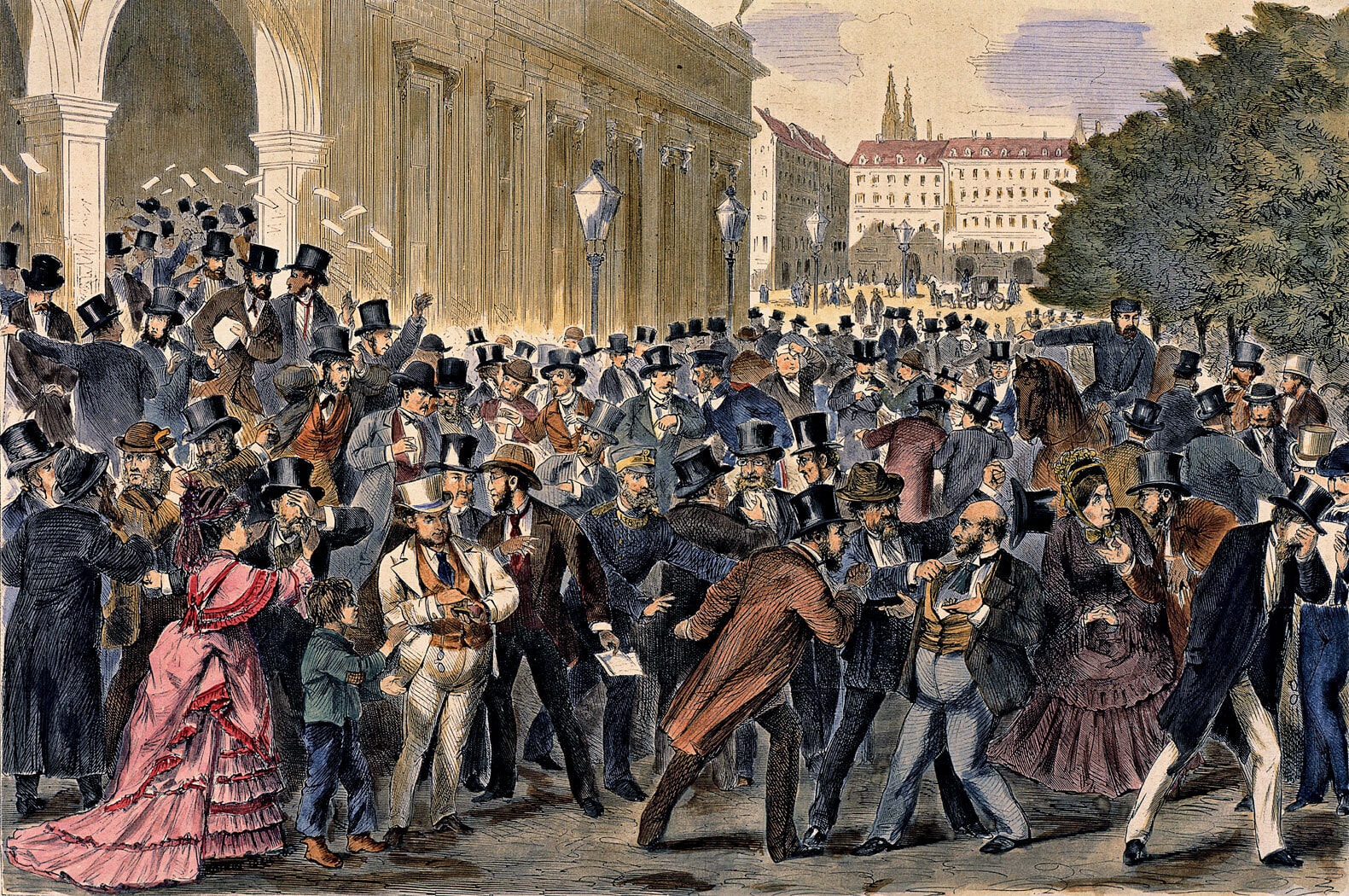In a world of just 100 people inequality becomes glaringly obvious

If there were only 100 people in the world, one person would control half of all global wealth
Image: REUTERS/Zohra Bensemra
Stay up to date:
Economic Progress
When you shrink the world’s population down to only 100 people, you start to get an idea of just how unequal the world is.
That's exactly what GOOD Magazine has done, in a video showing how the global population would be broken down if it was made of only 100 people.
Using data from a variety of sources, including the CIA and 100 People, the video shows how the global population is divided up based on gender, age, religion and region.
Accept our marketing cookies to access this content.
These cookies are currently disabled in your browser.
When the world is broken down to only 100 people, there are an equal number of men and women. The majority of people (60%) live in Asia, and most people are aged between 25 and 54.
Christianity is the dominant religion – 31 people identify with the faith. There would be 23 Muslims, 15 Hindus and seven Buddhists. Sixteen people are unaffiliated with any religion.
Mandarin is the most popular language, spoken by 12 people, followed by Spanish and English. Beyond the top five languages, the rest of the world (70%) speaks 6,500 other languages.
But it's when the video turns to the level of global inequality that the figures start to look really shocking. More than 70% earned $10 or less a day, while 15% make less than $2 a day. One person earns more than $90 a day. And this same person controls 50% of wealth.
Basics such as education, shelter and clean water are unequally shared. More than one in 10 people are unable to read and write (14%), don’t have access to clean water (13%) or shelter (23%), and are malnourished or starving (16%).
Higher education is a privilege experienced by a minority, and only seven of the 100 people attended college.
More than half of the world is not connected to the internet, and a quarter don’t own a mobile phone. Meanwhile, 22 people don’t have access to electricity.
The video concludes with an important question: “If the world were 100 people, would we all fight harder for equality?”
Don't miss any update on this topic
Create a free account and access your personalized content collection with our latest publications and analyses.
License and Republishing
World Economic Forum articles may be republished in accordance with the Creative Commons Attribution-NonCommercial-NoDerivatives 4.0 International Public License, and in accordance with our Terms of Use.
The views expressed in this article are those of the author alone and not the World Economic Forum.
Forum Stories newsletter
Bringing you weekly curated insights and analysis on the global issues that matter.
More on Economic GrowthSee all
Juan Caballero and Ana Sampaio
July 18, 2025
John Letzing
July 17, 2025
William Dixon
July 16, 2025
Aengus Collins
July 15, 2025
Guy Miller
July 15, 2025
Aaron Sherwood
July 15, 2025





